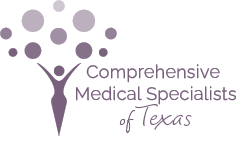Understand Your Ovarian Cancer Risk
If you are like many women who trust routine Pap smears to detect ovarian cancer you need to know it’s not always a reliable predictor of the disease. According to the American Cancer Society, only about 20 percent of cases are diagnosed in the early stages. Often it’s only after the disease has spread to lymph nodes outside the abdomen or to the liver, spleen, intestines or brain that women begin to notice ovarian cancer symptoms.

If you are concerned about your ovarian cancer risk you can take this quick risk-assessment to determine if you need to visit your regular OB GYN or schedule an appointment with gynecologic oncologist, Dr. Richard Drake.
Understanding your risks for ovarian cancer, undergoing a pelvic exam and conducting genetic testing could all lead to better health and wiser behavior choices. A recent study conducted by the American Cancer Association reaffirms this fact. It found approximately 42% of cancer cases and 45% of cancer deaths in the United States are linked to modifiable risk factors and could be preventable.
Taking early action and undergoing detection and screening procedures may help prevent or limit ovarian cancer spread. One of the best chances of early detection could lie with knowledge of your family history, risk factors and genetics.
Since the disease isn’t often diagnosed until its in the later stages, being proactive could help lower your risk of developing ovarian cancer or identifying it sooner.



